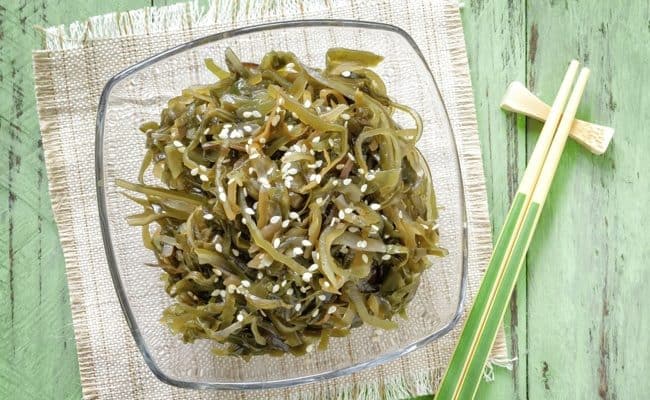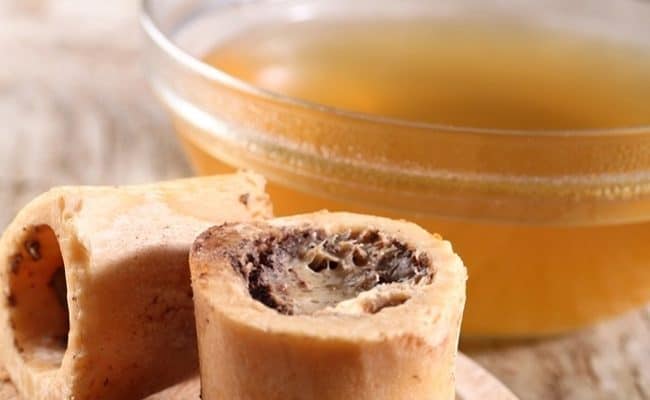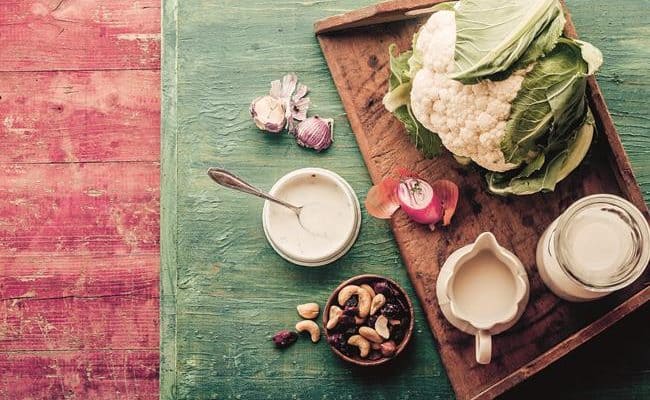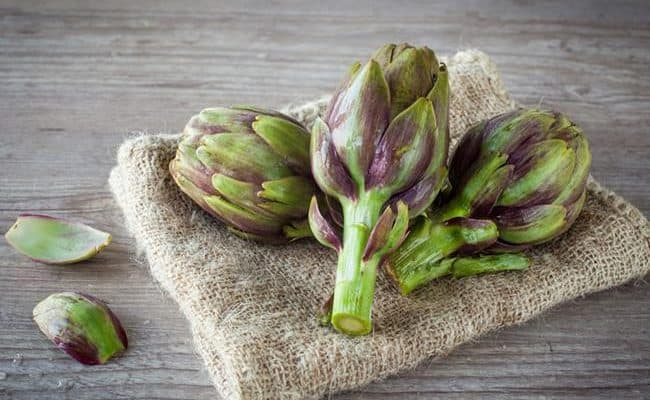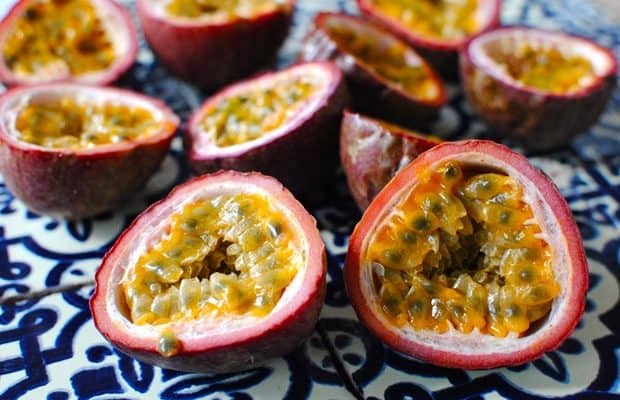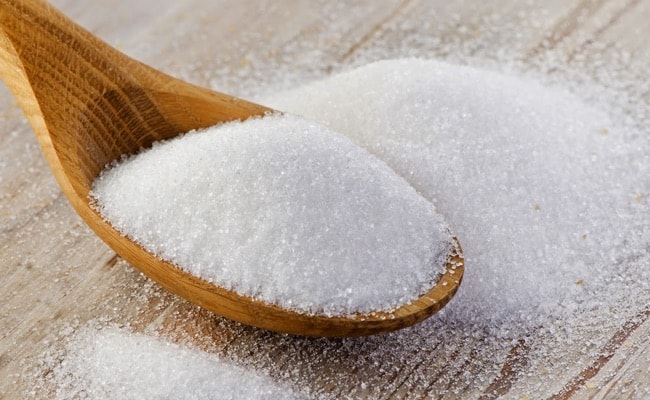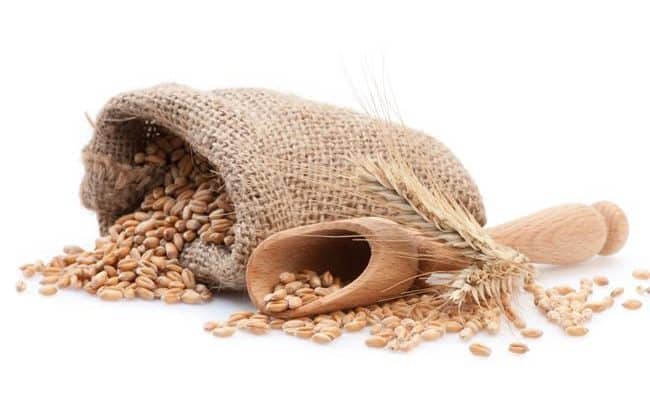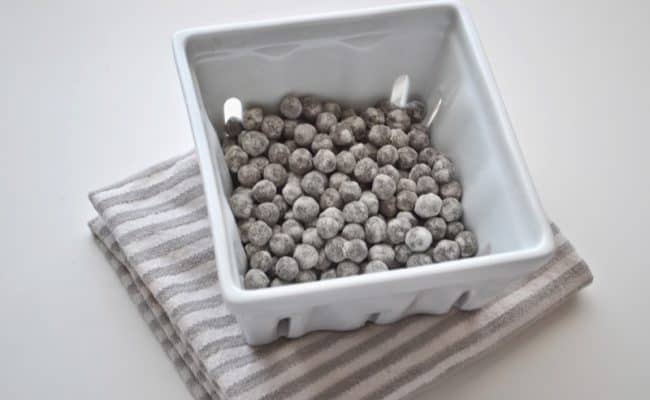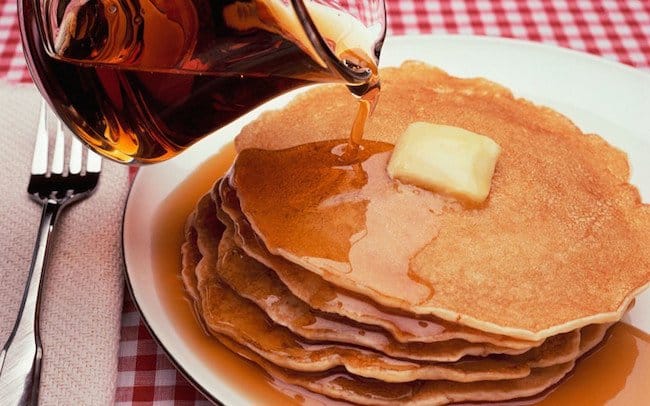
There are many health benefits for pure maple syrup. However, not everything labeled maple syrup is healthy. There are many artificially flavored types of syrup, and often time maple syrup is diluted with high fructose corn syrup or other cheap sweeteners.
Artificial maple syrup is much cheaper than pure maple syrup, but the health benefits pure maple syrup offers off sets the cost difference.
In order to get the benefits from maple syrup, look at the ingredient label. The only ingredient should be pure maple syrup. Some of maple syrup’s health benefits include vitamins, minerals, and antioxidants and may even help protect from diabetes.
Maple Syrup is a good Source of Vitamins
Maple syrup is actually a good source of many nutrients including vitamin B2 (riboflavin) and other B vitamins. The B vitamins in general are involved with many reactions in the body including breaking down carbohydrates and fats for energy.
According to the International Maple Syrup Institute, a ¼ cup serving of pure maple syrup provides 37% Daily Value of riboflavin.
Full of Minerals
There are many minerals found in maple syrup including manganese, zinc, magnesium, calcium, potassium and a small amount of iron and selenium. According to the University of Maryland Medical Center, up to 37% of Americans may not be getting the recommended amount of manganese per day.
Manganese is important for connective tissue formation, protecting cells from damage by free radicals and plays a role in blood clotting. Zinc is necessary for immune function, wound healing and sex organ development in children.
Magnesium is needed for protein synthesis, muscle/nerve function and can help with blood pressure regulation. Calcium is needed for bone health, and both potassium and calcium are used in fluid balance.
A ¼ cup of pure maple syrup provides an astounding:
95% Daily Value of manganese
6% Daily Value for zinc
7% Daily Value for magnesium
5% Daily Value for calcium and potassium
1% Daily Value for iron and selenium.
Maple syrup is relatively high in many minerals, especially manganese which some Americans may not get enough of in their diet.
Rich in Antioxidants
Maple syrup is made from the sap of maple trees, and because of its pure source, it should be no surprise that maple syrup is rich in phenols that act as antioxidants in the body. According to the International Maple Syrup Institute, research samples from over 600 different maple syrups across Quebec showed that ¼ cup of pure maple syrup provided 4 mg of polyphenols. Over 20 different antioxidants have been discovered in maple syrup. That means that maple syrup’s antioxidant capacity is similar to some fruits and vegetables.
Antioxidants protect cells from damage caused by free radicals. Free radical damage in the body may increase the development of cancer cells, so increasing antioxidants in the diet may help protect against cancer or other chronic diseases such as heart disease.
Diabetes
Maple syrup is like any other sweetener, a source of sugar. So how is it maple syrup may actually help protect the body from type 2 diabetes? A compound called abscisic acid is in maple syrup, and research suggests this compound can stimulate the pancreas to secrete insulin and help fat cells increase sensitivity to insulin. If fat cells are sensitized to insulin, this may help deter insulin resistance, which is usually the first step of type 2 diabetes.
Does this mean if you increase your maple syrup intake you can reverse type 2 diabetes or prevent insulin resistance? More research needs to be done on this compound, and keep in mind many things affect insulin sensitivity.
Comparison to other sweeteners
Maple syrup can be a healthy choice as a sweetener because of the nutritional benefits that come with the calories- vitamins, minerals, antioxidants and compounds that may help insulin sensitivity. It is a real food from a plant, so it will naturally be high in phytochemicals that can have many beneficial health effects not even discovered yet.
Keep in mind maple syrup is not a low calorie food and shouldn’t be looked at as a “magic bullet” for curing or preventing any diseases. Remember, just by adding a healthy food to your diet, like maple syrup, doesn’t give you the liberty to eat as much junk food as you want the rest of the day. What your total diet and exercise patterns look like is important.
Maple syrup can be used on, of course pancakes or French toast, but also works well as a sweetener for oatmeal, baked goods, yogurt or in sauces. A little can go a long way. Compared to other sweeteners, it is a higher source of riboflavin, zinc, magnesium and antioxidants.
Remember to only buy maple syrup in its purest form; avoid cheaper syrups that have added preservatives, sugar or high fructose corn syrup.
References used in this article

